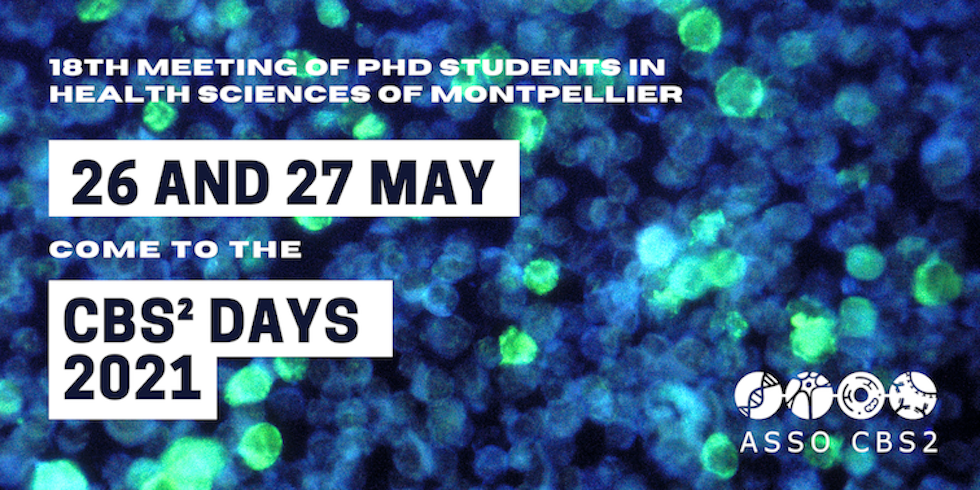
|
|
|
Sponsors
|
| Online user: 1 | Privacy |

|

|
|
|
Sponsors
|
| Online user: 1 | Privacy |

|
